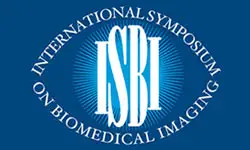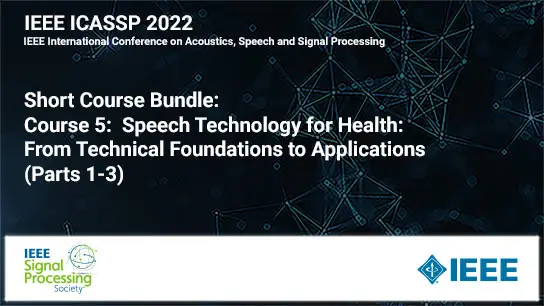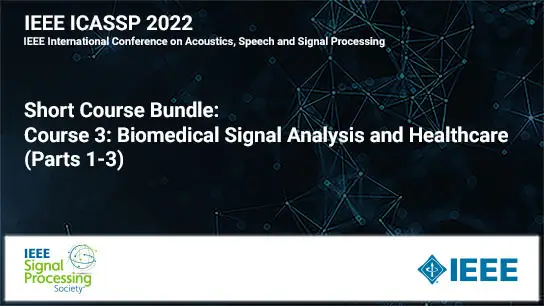Mag: A Simple Learning-Based Patient-Level Aggregation Method For Detecting Microsatellite Instability From Whole-Slide Images
Kaifeng Pang, Zuhayr Asad, Shilin Zhao, Yuankai Huo
-
Members: FreeSPS
IEEE Members: $11.00
Non-members: $15.00Length: 00:08:30
28 Mar 2022
The prediction of microsatellite instability (MSI) and microsatellite stability (MSS) is essential in predicting both the treatment response and prognosis of gastrointestinal cancer. In clinical practice, a universal MSI testing is recommended, but the accessibility of such a test is limited. Thus, a more cost-efficient and broadly accessible tool is desired to cover the traditionally untested patients. In the past few years, deep-learning-based algorithms have been proposed to predict MSI directly from haematoxylin and eosin (H&E)-stained whole-slide images (WSIs). Such algorithms can be summarized as (1) patch-level MSI/MSS prediction, and (2) patient-level aggregation. Compared with the advanced deep learning approaches that have been employed for the first stage, only the naГЇve first-order statistics (e.g., averaging and counting) were employed in the second stage. In this paper, we propose a simple yet broadly generalizable patient-level MSI aggregation (MAg) method to effectively integrate the precious patch-level information. Briefly, the entire probabilistic distribution in the first stage is modeled as histogram-based features to be fused as the final outcome with machine learning (e.g., SVM). The proposed MAg method can be easily used in a plug-and-play manner, which has been evaluated upon five broadly used deep neural networks: ResNet, MobileNetV2, EfficientNet, Dpn and ResNext. From the results, the proposed MAg method consistently improves the accuracy of patient-level aggregation for two publicly available datasets. It is our hope that the proposed method could potentially leverage the low-cost H&E based MSI detection method. The code of our work has been made publicly available at https://github.com/Calvin-Pang/MAg.



